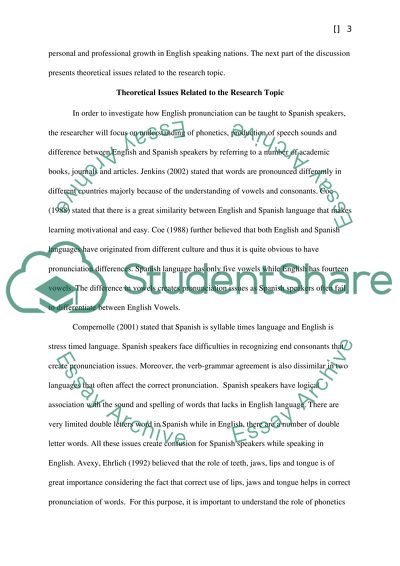Cite this document
(“TEACHING ENGLISH PRONUNCIATION TO SPANISH SPEAKERS Research Paper”, n.d.)
TEACHING ENGLISH PRONUNCIATION TO SPANISH SPEAKERS Research Paper. Retrieved from https://studentshare.org/english/1463866-teaching-english-pronunciation-to-spanish-speakers
TEACHING ENGLISH PRONUNCIATION TO SPANISH SPEAKERS Research Paper. Retrieved from https://studentshare.org/english/1463866-teaching-english-pronunciation-to-spanish-speakers
(TEACHING ENGLISH PRONUNCIATION TO SPANISH SPEAKERS Research Paper)
TEACHING ENGLISH PRONUNCIATION TO SPANISH SPEAKERS Research Paper. https://studentshare.org/english/1463866-teaching-english-pronunciation-to-spanish-speakers.
TEACHING ENGLISH PRONUNCIATION TO SPANISH SPEAKERS Research Paper. https://studentshare.org/english/1463866-teaching-english-pronunciation-to-spanish-speakers.
“TEACHING ENGLISH PRONUNCIATION TO SPANISH SPEAKERS Research Paper”, n.d. https://studentshare.org/english/1463866-teaching-english-pronunciation-to-spanish-speakers.


